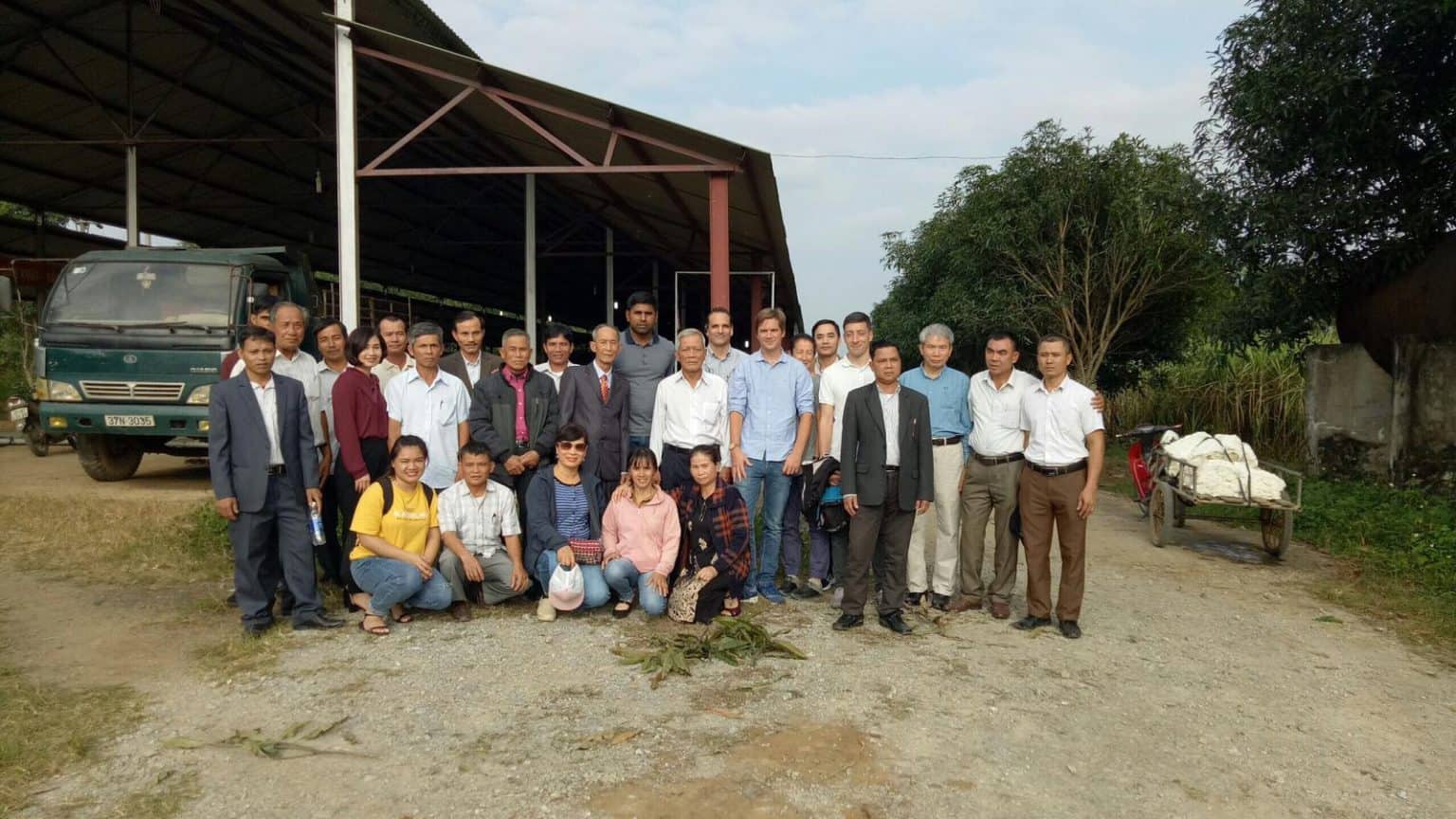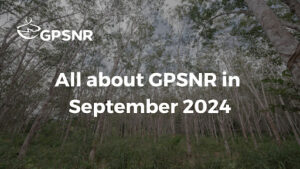Of the 22 applicants, one is from Brazil, four from Côte d’Ivoire, two from Ghana, five are from Indonesia, four from Thailand and six are from Vietnam.
The 2nd General Assembly on 31 March 2020 will see the proposal of a new membership category, ‘Smallholder Producers’. Should the voting on this resolution pass, smallholders will officially find their voice in global efforts to ensure a socially, economically and environmentally sound natural rubber supply chain.
Thanks to sustained funding from Partnerships for Forests (P4F), we will be able to invite the geographically diverse group of smallholders to Singapore to attend their first General Assembly, with the view to onboard them and to have smallholder producers represented in the Executive Committee via the voting of nominated individuals.
As it is important for the smallholders to understand what is required of them at the General Assembly and as an Executive Committee member, the Working Group will be scheduling several sessions, both remote and on-site, to thoroughly brief the smallholders on GPSNR’s Statutes and Code of Conduct. The smallholders will also have the opportunity to get acquainted with one another in the two days prior to the General Assembly.
In preparation for this, the appointed Country Champions of the Working Group will be assisting the smallholders in travel logistics and other administrative matters. The Working Group is also looking into engaging professional translation services at the General Assembly to emphasize impartiality.






